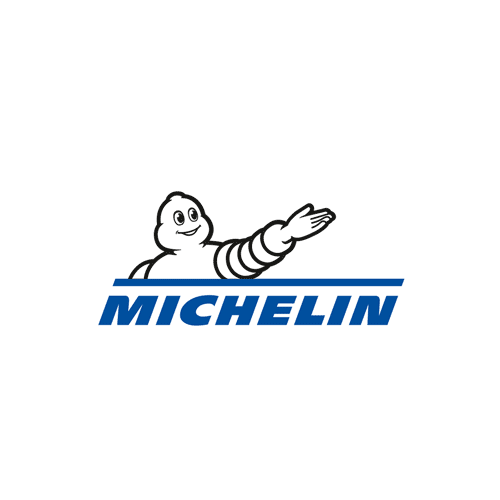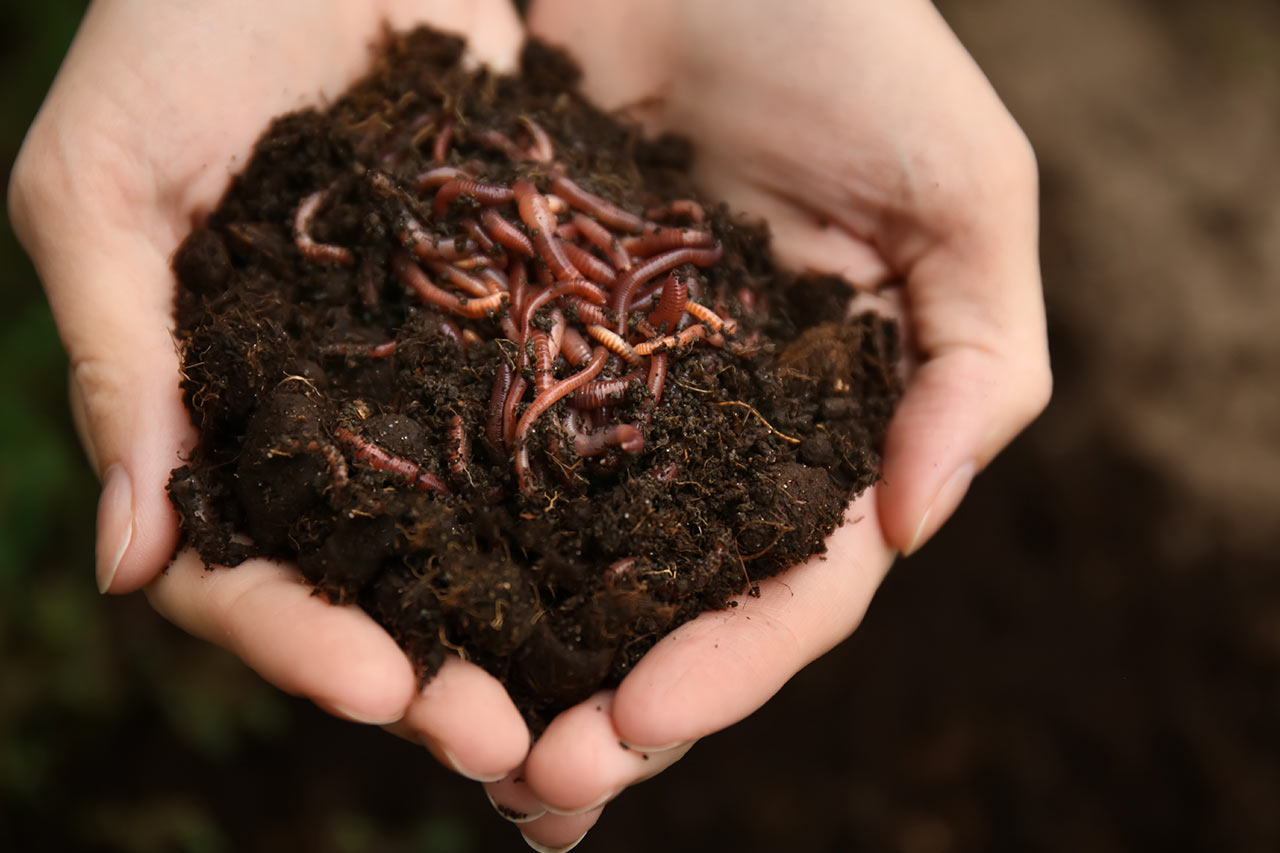
By-product

Create value from by-products and co-products generated from your production process
Our specialized team supports industrial players in valorizing their waste and by-products to reduce production costs or generate new sources of revenue. The effective utilization of material and waste reduction improves cost efficiency and supports sustainable practices towards a circular economy.
They trust us















The challenges related to by-product
The valorisation of by-products can have economic, environmental and social benefits. Efficient use of raw supplies can contribute to reducing overall manufacturing costs through reduction of waste disposal and generation of additional sources of revenue. Joint manufacturing of the primary and secondary goods often share common costs such as inputs and overheads. Through the valorisation of by products companies can explore more accurate cost allocation by assigning a portion of the costs to the by products based on their value.
Additionally, valorising by products also plays a significant role in fostering a circular economy. By converting garbage material into valuable products, industrial players can generate less waste, optimize resource efficiency, promote innovation, create a sustainable value chain and enhance economic growth. By transforming waste and by products that are generated during the manufacturing processes, into valuable outputs, we can move towards a more resilient and environmentally friendly economic model.
An example is the valorisation of biomass by product to create biodegradable materials such as bioplastics and bio-composites which will have potential applications in packaging, automotive and construction industries.
Industrials face many challenges with regards to by-products valorization, in particular:
Understanding market demand and value for a by-product can be challenging for businesses due to several reasons. One challenge is that by products may not have a clearly defined market, as they are not the primary focus of the manufacturing phase. As a result, it can be difficult to determine which industries or markets would be interested in purchasing or using the by product. Another key challenge is that the market demand for a by-product may be influenced by factors such as consumer trend, pricing, quality and availability. Companies will have to take into consideration different factors when determining how to valorise by products and compete effectively in the market.
How to identify the right target markets for my by-products? What are the key factors to consider when valorizing by-products?
The value of a by-product is determined by several factors, including the composition, market demand, availability, quality, processing costs and competition. The chemical composition of the by product can determine its potential uses and value, while market demand and availability can impact its value based on the amount of demand and scarcity. The quality of the by product, processing costs and degree of competition in the market can also impact its value and should be considered when prioritizing a market.
What are the factors that determines the value of a by-product? How to determine the right price for my by-products?
Valorising by products can lead to a more efficient use of raw supplies, and as a result, lower overall production costs. When by products are converted into valuable secondary products, the revenue generated can offset some of the production costs. In addition, joint productions processes often share common costs, such as inputs and overheads, which help organizations with more accurate cost allocation by assigning a portion of the costs to the by-products according to their value. The usage of garbage to generate valuable goods also reduces garbage disposal costs and encourage sustainable practices that can give companies a competitive edge.
How can valorisation of by-products contribute to efficient distribution of costs and resources? What types of costs can be considered within a valorization strategy?
Valorising by products is a sustainable practice that can help companies accelerate their transition towards a circular economy. By repurposing supplies that would otherwise be discarded, companies can generate less garbage and minimize their environmental impact. Additionally, by finding new uses for by products through the generation of a secondary product, companies can conserve natural resources and generate new revenue streams. Though, some by-products contain some pollutants that need to be managed properly not to impact negatively the environment. Some others that can represent a risk for the environment cannot be valorised and therefore need to be treated prior to being disposed.
How can valorising by-products support sustainability goals? How to make sure that my by-products management contribute to a better environment and respect laws and regulations?
Handling, treating, and disposing of by-products is governed by specific regulations in many industries. Industrial players will therefore need to stay updated on laws and regulations to ensure their level of compliance.
How is are my by-products regulated by law? How to set up a regulatory watch to ensure a permanent level of compliance?
How we support you in your projects related to by-product
For more than 25 years now, Alcimed has been supporting many clients on projects related to by-products, from the definition of a valorization strategy, the identification of possible markets and targets for by-products, up to rethinking a complete approach for managing by-products.
Thanks to our wide range of clients and their sectors, as well as our exploration of various geographical fields and project types, we have gained a comprehensive and global understanding of the issues surrounding by-products and co-products.
Our projects encompass a wide variety of topics, including new technologies and extraction/treatment/disposal approaches, the definition of valorization strategies, identifying and understanding potential markets and segments, determining the value and pricing of co-products, setting up a regulatory watch concerning by-products regulations and laws, … and many more!
Examples of recent projects carried out for our clients in by-product valorization
Identifying white spaces and value-added markets for a food by-product
We supported an innovation director of a fat and oil company to valorise one of its key by-products (sunflower wax).
As the potential market for application is diverse, we first identified and selected the most promising application markets and subsequently, deep dived on the selected markets to build a market entry strategy.
At the end of our project, our client had a clear vision on the market segment to target and how to approach the interested players.
Evaluating business opportunities and market potential for functional by-products
As part of their manufacturing process, our client in the dairy industry wanted to explore how they could valorize their by-products in the pharmaceutical and health supplement industries.
Alcimed conducted a thorough literature review to identify latest research on dairy functional ingredients and a cross-analysis with the disease prevalence and health trends in the market.
Thanks to our analysis, we then co-prioritised goods according on the market potential and co-designed a valorization strategy during a workshop with our client’s team.
Identifying potential markets and applications for animal by-products
Our client, a major industrial agri-food player, wanted to explore the potential of valorising their animal by-products that were not intended for human consumption.
Alcimed conducted an in-depth analysis based on regulatory requirements, market demand, market segmentation and competitor analysis to support our client in identifying potential markets and applications for their animal by-products notably in food, feed and energy sectors.
Valorization of distillery co-products for a beverage player
One of our customers, a leading alcoholic beverage company, had the ambition to reduce its carbon footprint by 50% by 2030. However, the valorization of distillery by-products was energy-intensive.
Alcimed’s role was to assist the technical director in benchmarking the technologies used in combustion, gasification, and other thermo-chemical technologies for wet co-products.
We then evaluated the feasibility of some of these technologies for our client’s co-products. Alcimed was thus able to recommend two relevant options allowing our client to valorize its co-products by optimizing its energy consumption!
Co-product valorization: study of the market potential of a biohydrogen supply offer
We worked with a French environmental industrialist on its strategy to valorize by-products for the production of biohydrogrene.
Initially, our customer wanted to obtain an overview of the hydrogen market and industrial applications in Europe, as well as the technical specifications of the hydrogen used by the industries we investigated. Secondly, the aim was to assess the interest of potential customers – industrial gas suppliers – in developing a biohydrogen supply offer.
To this end, Alcimed conducted interviews with both industry experts and industrial gas suppliers, in order to assess their interest in offering biohydrogen instead of conventional hydrogen to their customers. In the end, we selected 2 applications whose industrial use was compatible with a biohydrogen supply.
Support for an industrial company in assessing the benefits of its nitrate co-product recovery strategy
One of our customers, an industrial player, wanted to assess the benefits of implementing a valorisation strategy for its nitrate co-products.
To do this, we began with an overview of the fertilizer market, in particular the nitrate market (trends, issues, main players, local needs, analysis of import and export flows, etc.). We then analyzed the demand for nitrate fertilizers among market players.
These two steps enabled us to provide our customer with an overview of the nitrate fertilizer market in France, to quantify fertilizer consumption volumes and import flows, and finally to assess the need and interest for our customer to deploy an approach to valorizing its co-products.
Identification of opportunities for an industrial player to recover salts from waste incineration
One of our customers, the director of a production factory, wanted to identify ways of valorizing the salts generated during the incineration of its waste.
To this end, our team carried out a literature review as well as several qualitative interviews with players from different market segments using salts in their activities. This enabled us to identify target markets that could represent a value-adding opportunity for our customer. We then assessed the receptiveness of potential customers within these markets, to determine their needs and expectations with regard to these products, and to evaluate the potential of each recovery source.
Our study enabled our customer to rapidly identify value-added opportunities and define the technical specifications required to meet their expectations.
Market study of insulation to test the receptiveness of an insulating product with a view to valorisation
One of our customers in the construction industry was considering investing in a start-up capable of transforming one of its by-products into insulating panels. However, in order to decide whether or not to invest, our client wanted to assess the market interest in this type of panel.
With this in mind, our team studied the insulation market in order to understand the interest in the product manufactured by the start-up and to identify potential partners with whom our client could join forces to develop and market these insulating materials.
Thanks to these investigations, we were able to guide our client in his investment decision.
You have a project?
To go further
Agrifood
The insect industry: a sustainable model of circular economy?
Insect breeding for protein production is at a turning point. In France, the pioneering start-ups that appeared a few years ago are starting to move to industrial scale, for example NextAlim, ...
Chemicals - Materials
« Plastic is fantastic! » – Rational use and plastic recycling industry
Plastic is a ubiquitous material, and its use and recycling are increasingly regulated. Between alternatives to plastic and strongly structured plastic recycling industries, is the "plastic bashing" ...
Cross-sector
CCUS technology: CO2 as a resource or a waste?
Carbon Capture, Utilization and Storage, or CCUS, is in the spotlight nowadays in the industry. Still, between utilization – that consists in reusing the CO2 as a feedstock in the industry – and ...
Founded in 1993, Alcimed is an innovation and new business consulting firm, specializing in innovation driven sectors: life sciences (healthcare, biotech, agrifood), energy, environment, mobility, chemicals, materials, cosmetics, aeronautics, space and defence.
Our purpose? Helping both private and public decision-makers explore and develop their uncharted territories: new technologies, new offers, new geographies, possible futures, and new ways to innovate.
Located across eight offices around the world (France, Europe, Singapore and the United States), our team is made up of 220 highly-qualified, multicultural and passionate explorers, with a blended science/technology and business culture.
Our dream? To build a team of 1,000 explorers, to design tomorrow’s world hand in hand with our clients.
By-products are materials that are generated during manufacturing, agricultural, or industrial processes and which are not the main product. Although by-products are typically not the focus of the production process, they can still have value and be used or valorized in other applications.
Valorization of by-product refers to the creation of value from waste materials produced during industrial or agricultural processes. Instead of throwing them away as rubbish, and usually paying for eliminating them, they are treated as a resource and processed to extract useful components or convert them into other goods that can be sold or used in other applications.
There are three types of industrial product valorization:
- Organic valorization: returning biodegradable products to the soil after anaerobic digestion or composting;
- Energy valorization: transformation of the product by combustion or anaerobic digestion;
- Material valorization:
- Recycling: reincorporation of materials into industrial processes;
- Regeneration: refining a fluid or solid to remove pollutants or undesirable elements;
- Reuse: reuse of the product as it is;
- Reuse: use of a product other than its original purpose.


